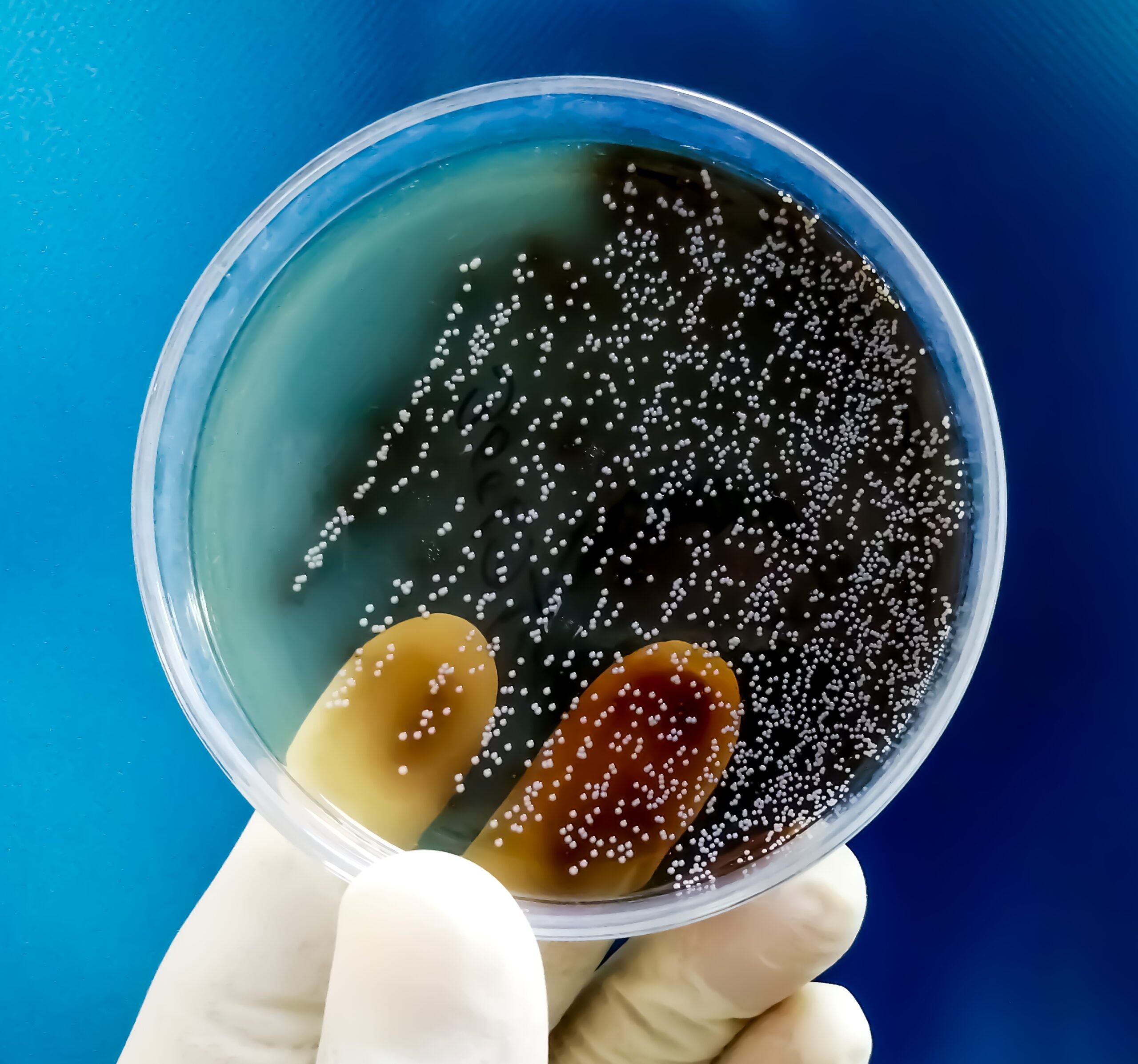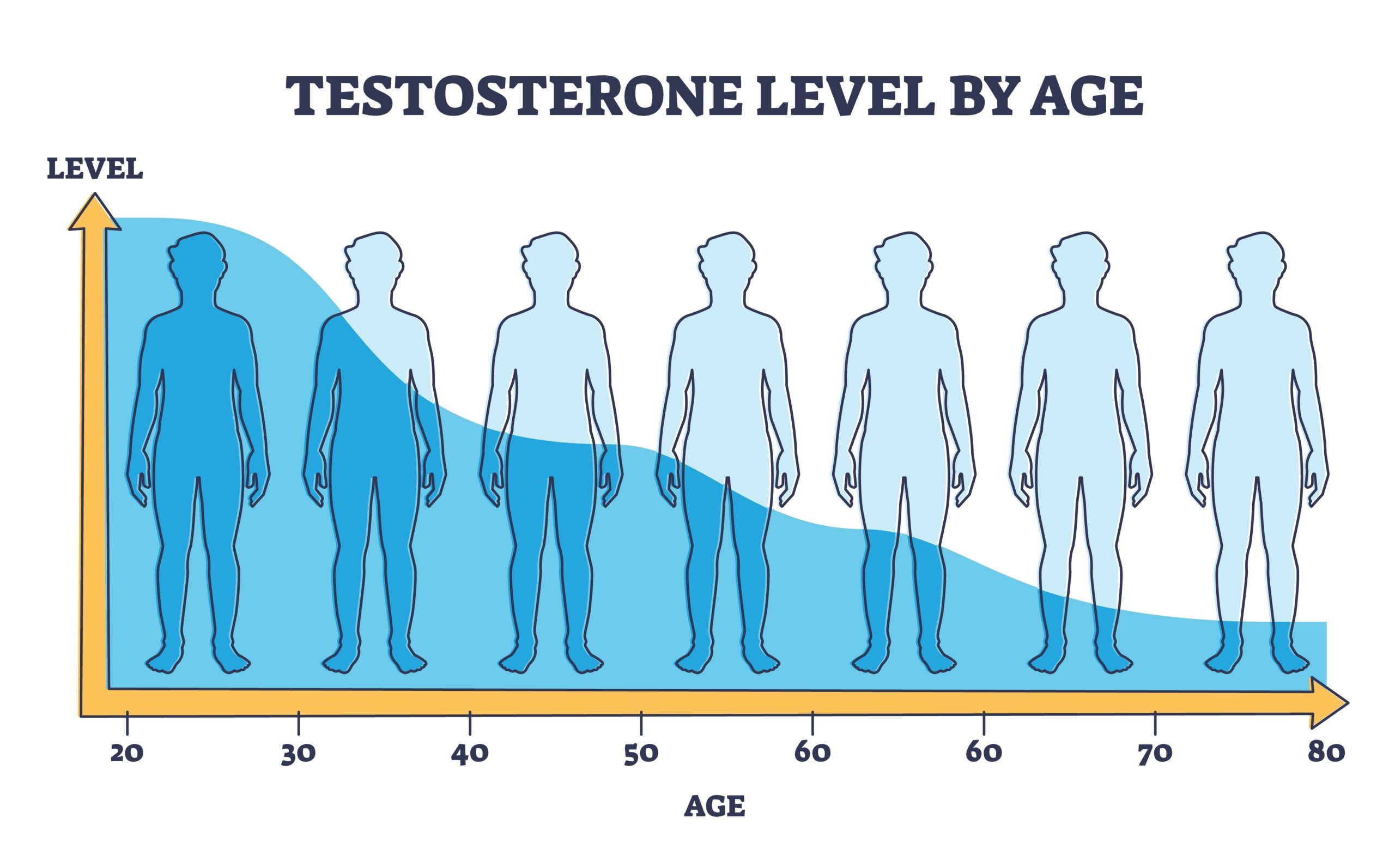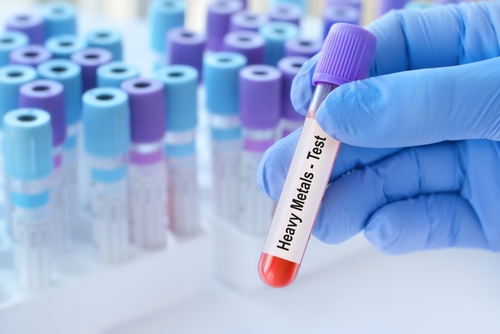American researchers yesterday announced the findings of a study which saw the growth of prostate tumours in mice reduced by 30-40% when the animals were fed walnuts every day. Researcher Paul Davis hopes that the nuts can have the same effects on tumours in men.
The animals were fed the human equivalent of 2.4oz per day – about 14 whole walnuts, rather than a supplement like extract. A control group of mice were fed soya bean oil.
Scientists believe that the secret lies in walnuts’ ability to reduce levels of endothelin, a substance that increases inflammation of the blood vessels.
Prostate cancer is the most common cancer in men and the second highest killer after lung cancer. 35, 000 Britons are diagnosed with it each year and 10, 000 of those will die from the disease. The causes of prostate cancer are not known, although a fatty diet that is low in fruit and vegetables is implicated.
Walnuts contain omega 3 fatty acids, antioxidants and other plant chemicals. They are known to decrease the risk of heart disease and they have been shown to help prevent breast cancer. Adding walnuts to a whole food diet that is low in saturated fat, sugar and processed foods, but high in fruit and vegetables is the best way to prevent prostate cancer.
To talk to someone at Smart Nutrition about prostate health and reducing your chances of contracting cancer by eating a healthy diet, call 01273 775 480 or click here to book a consultation.




